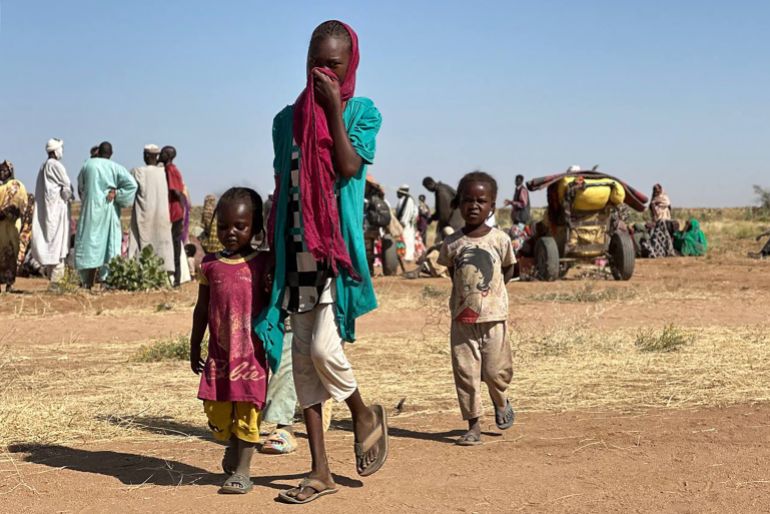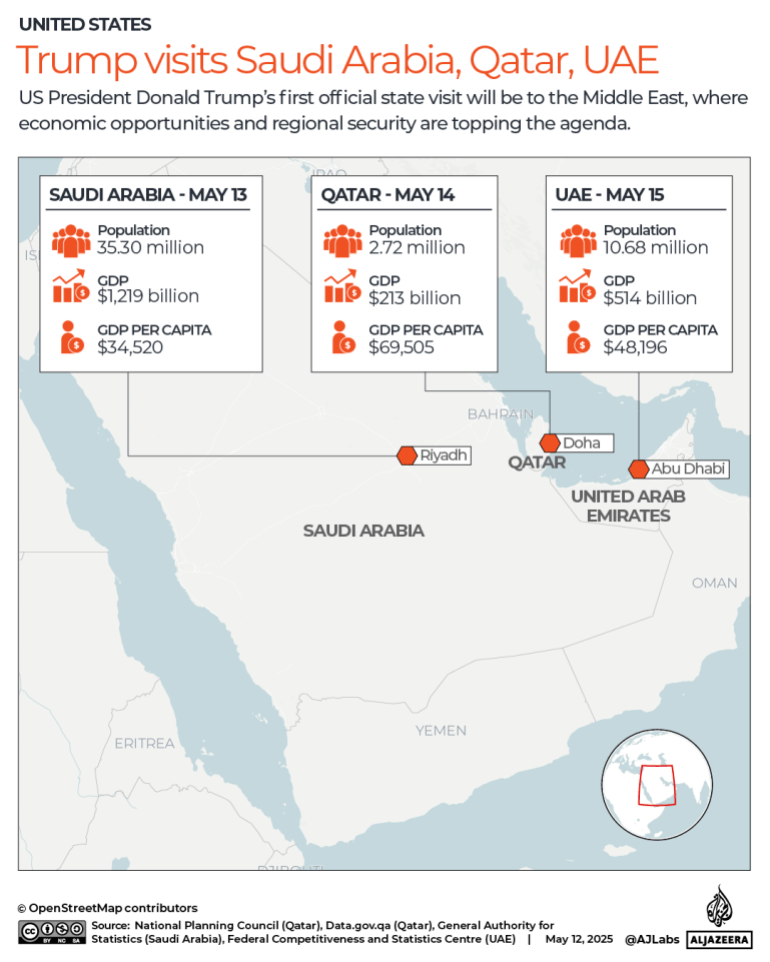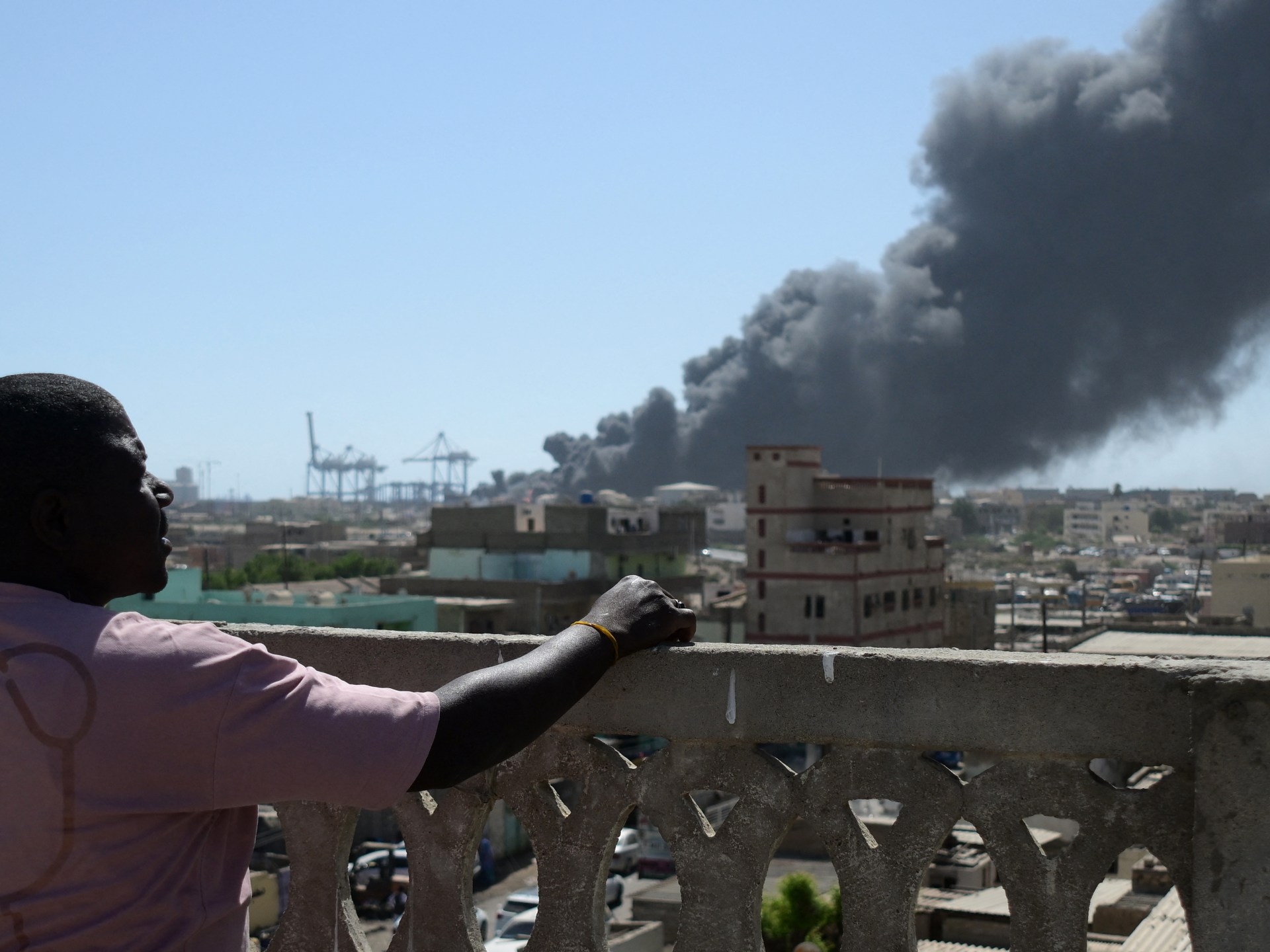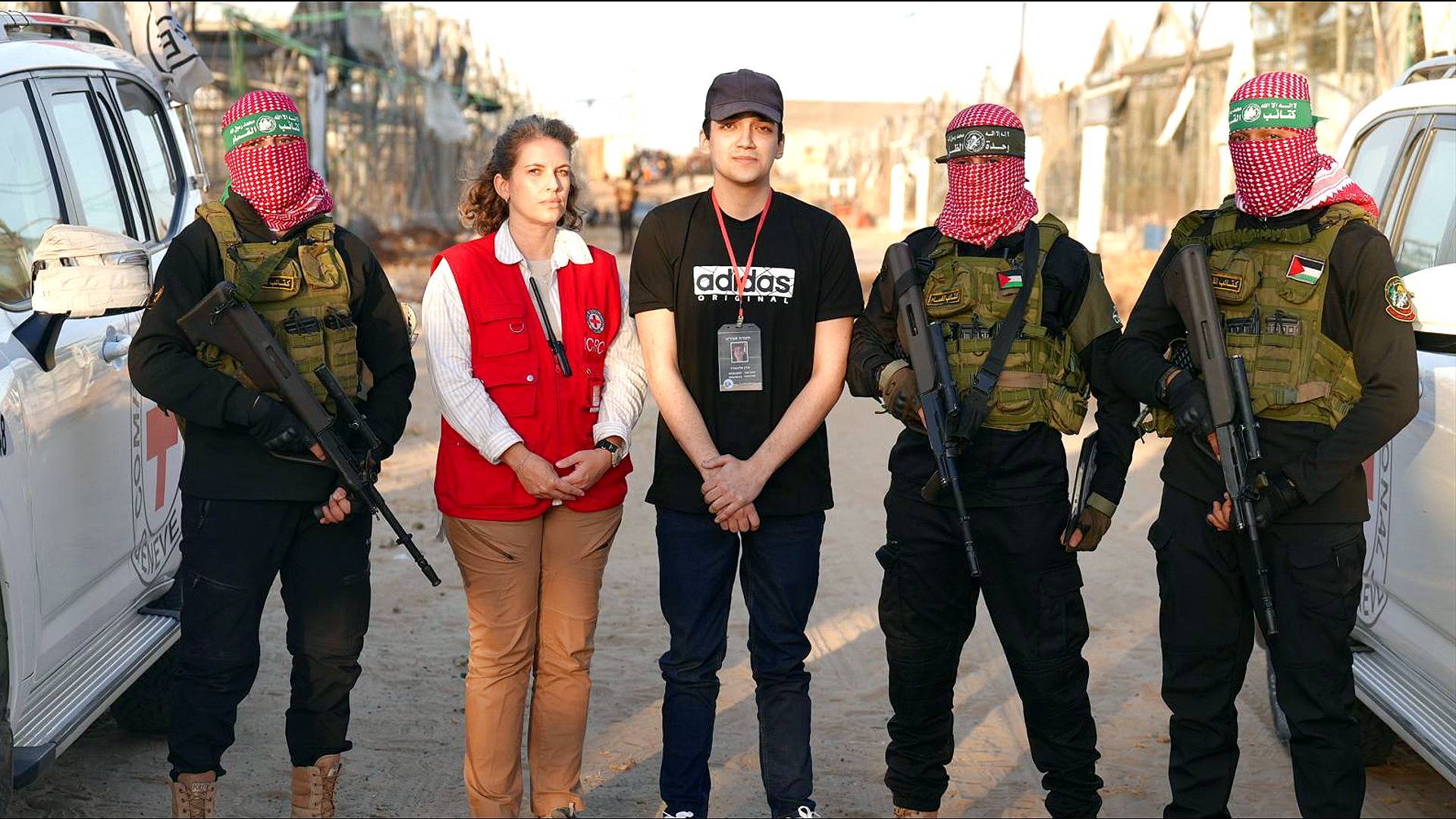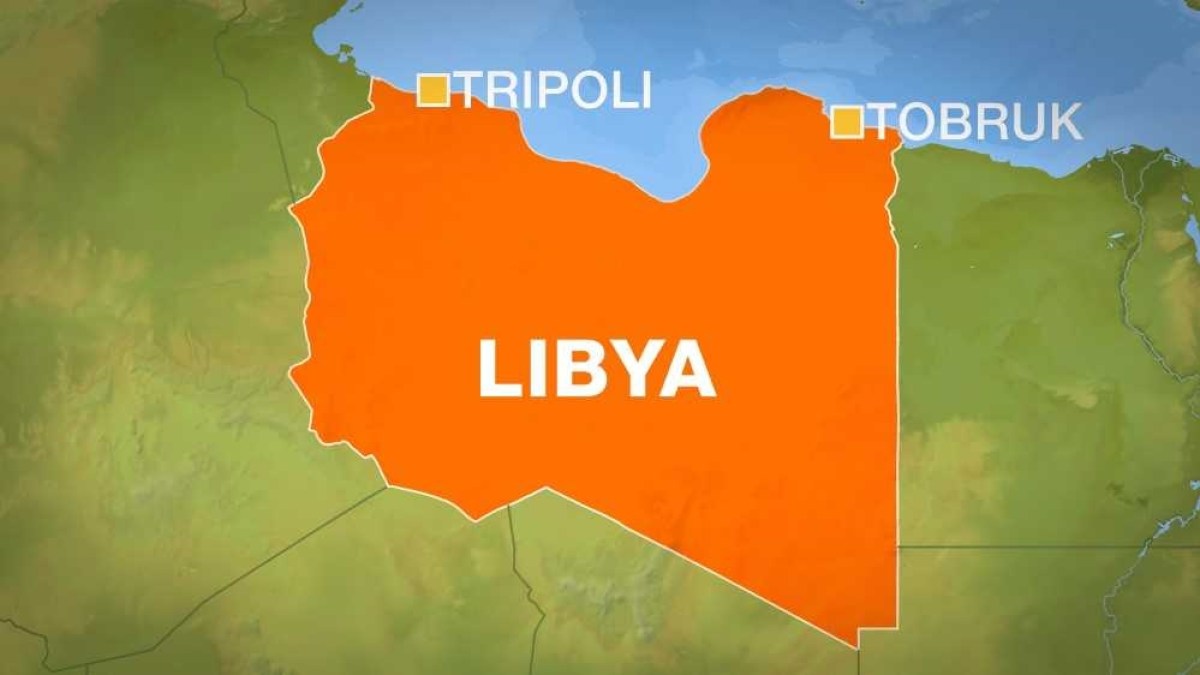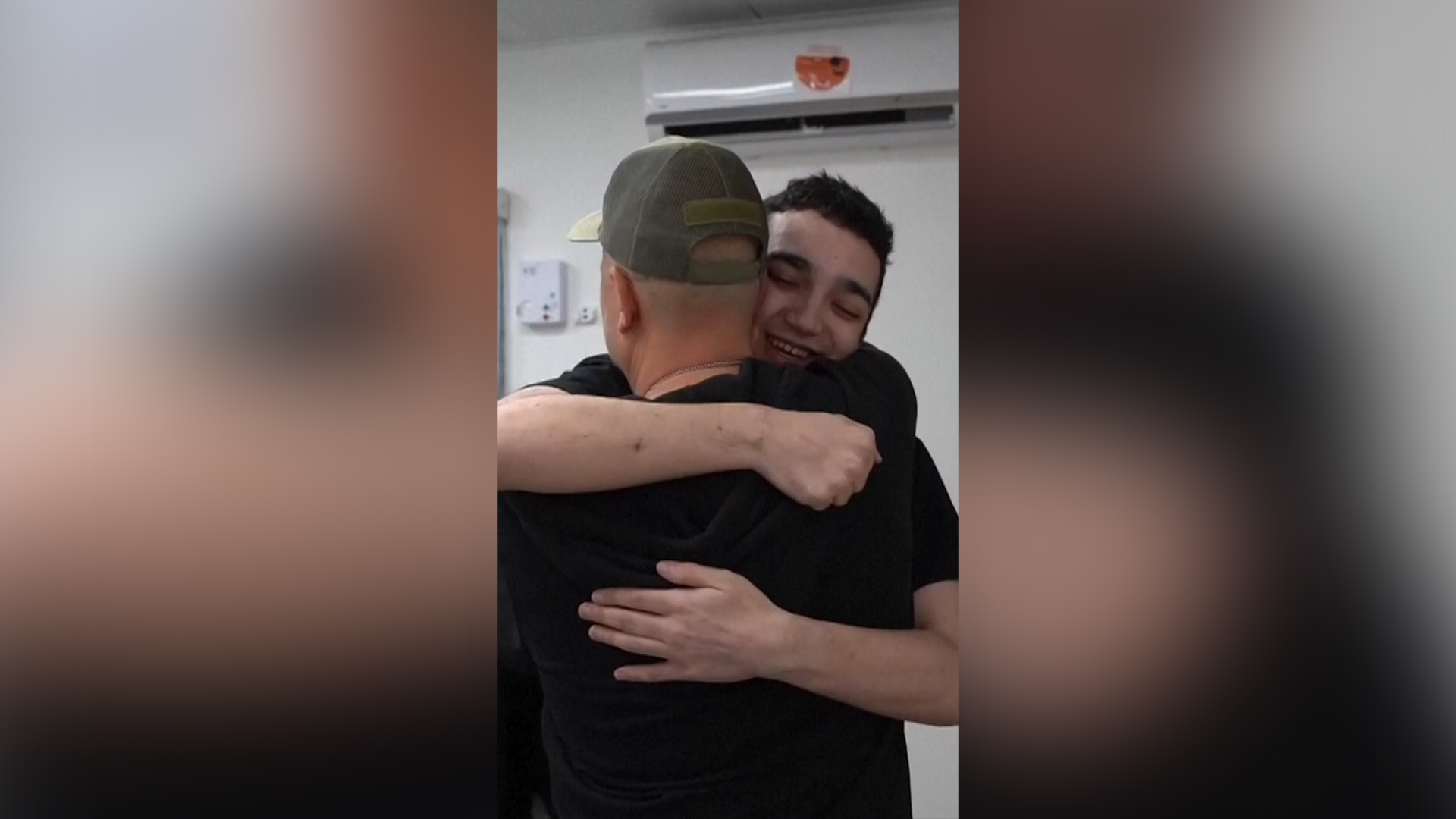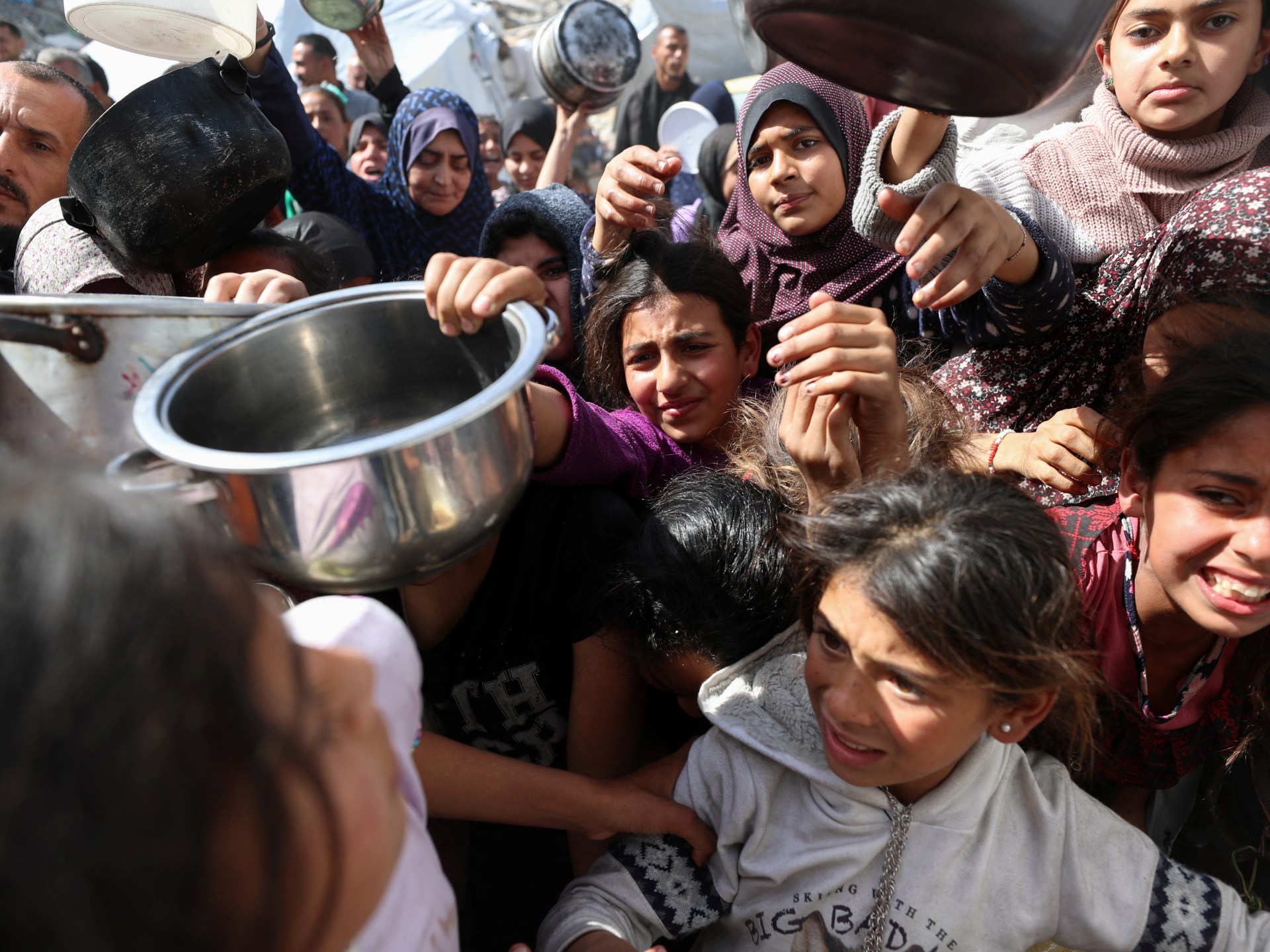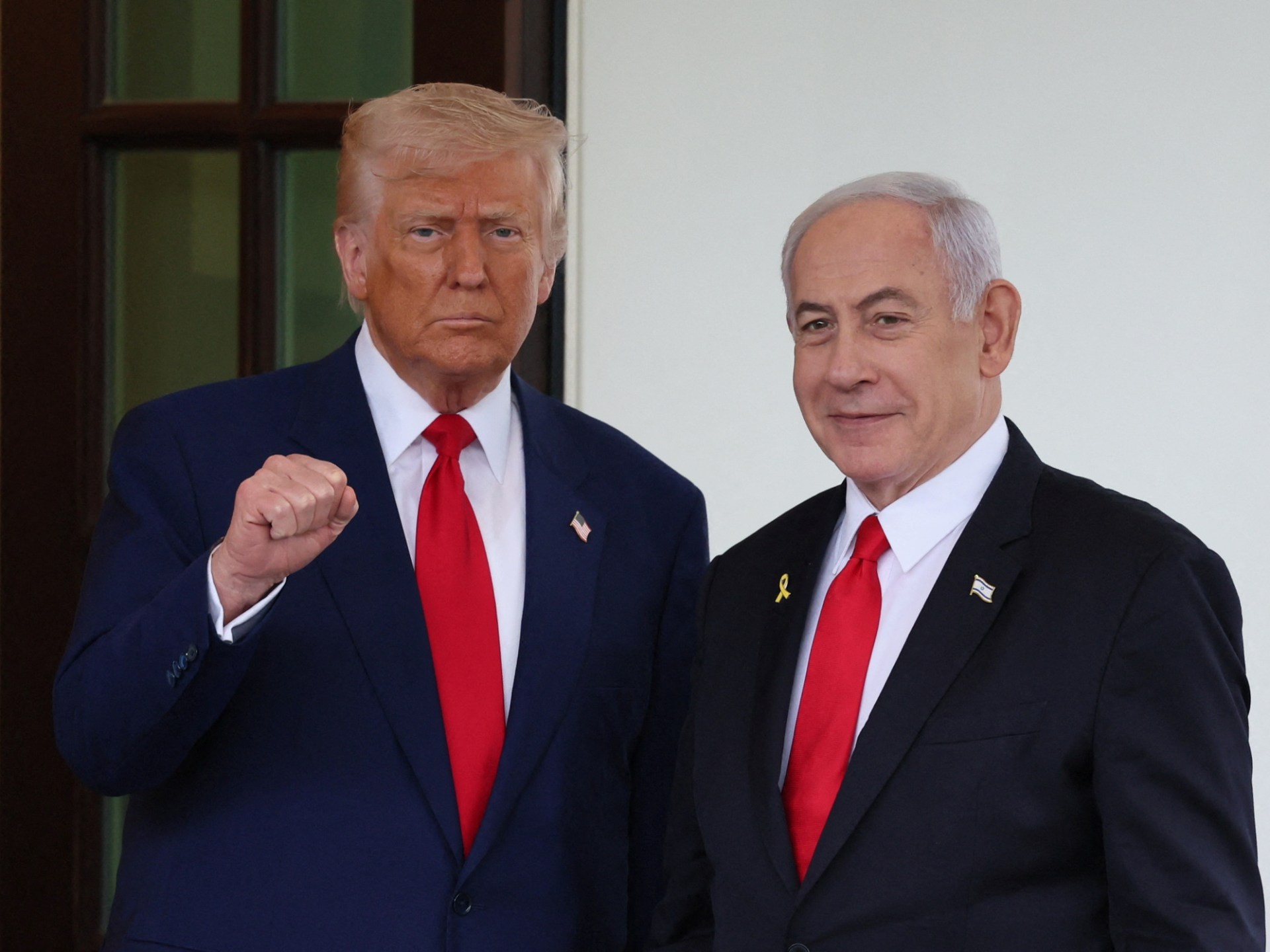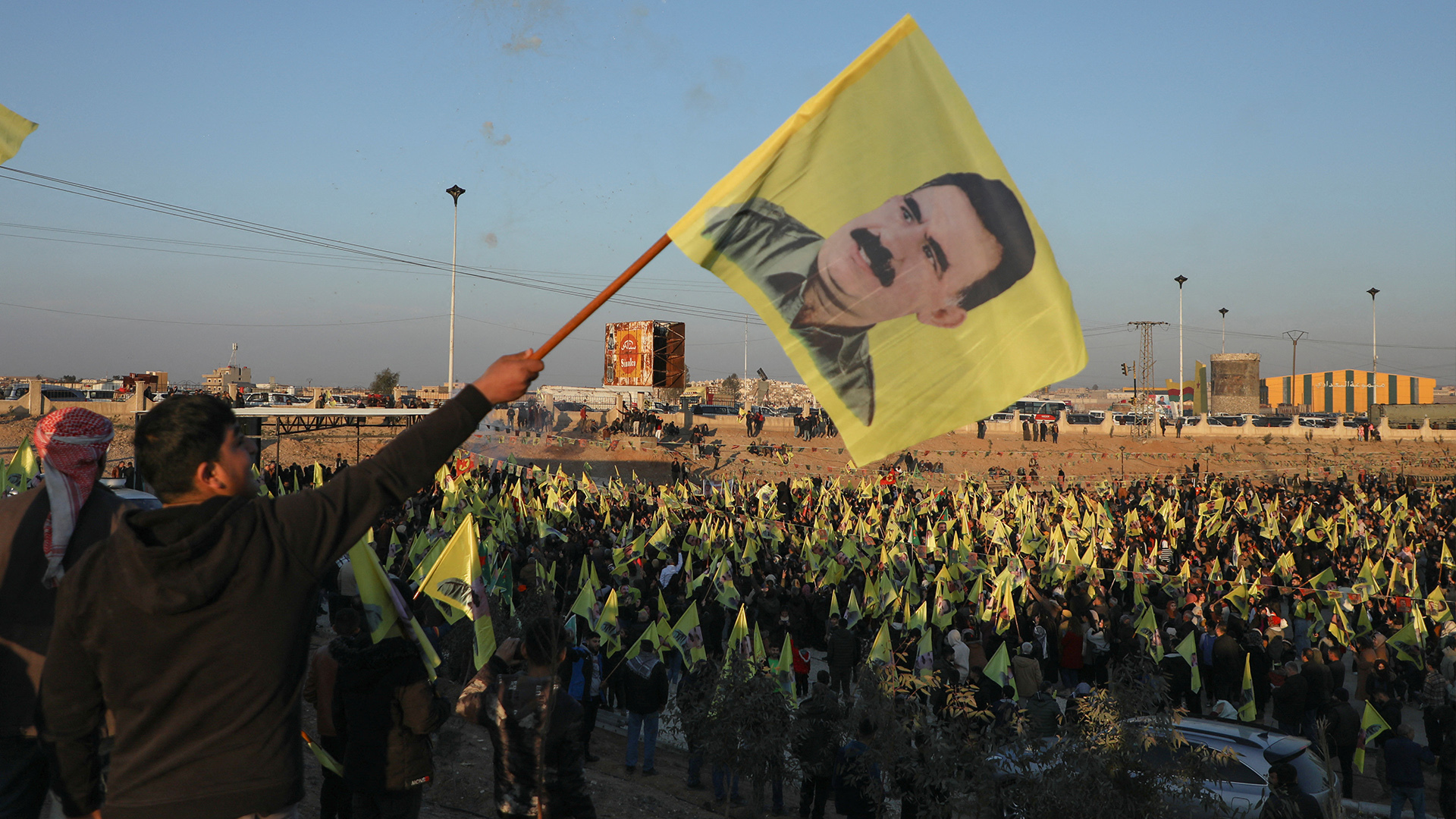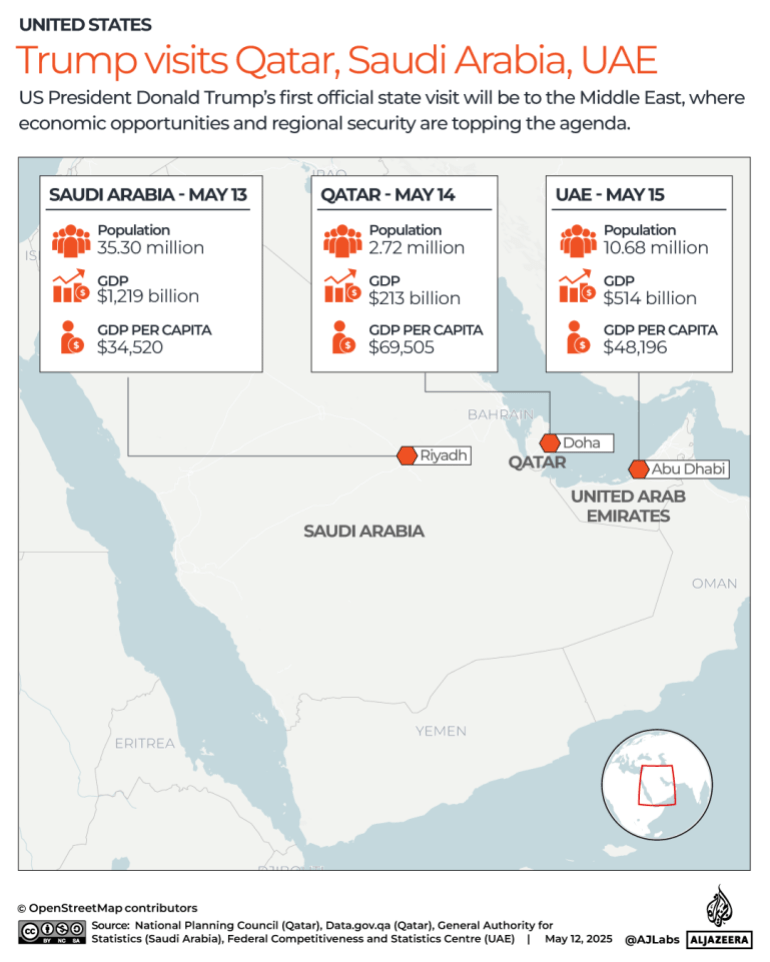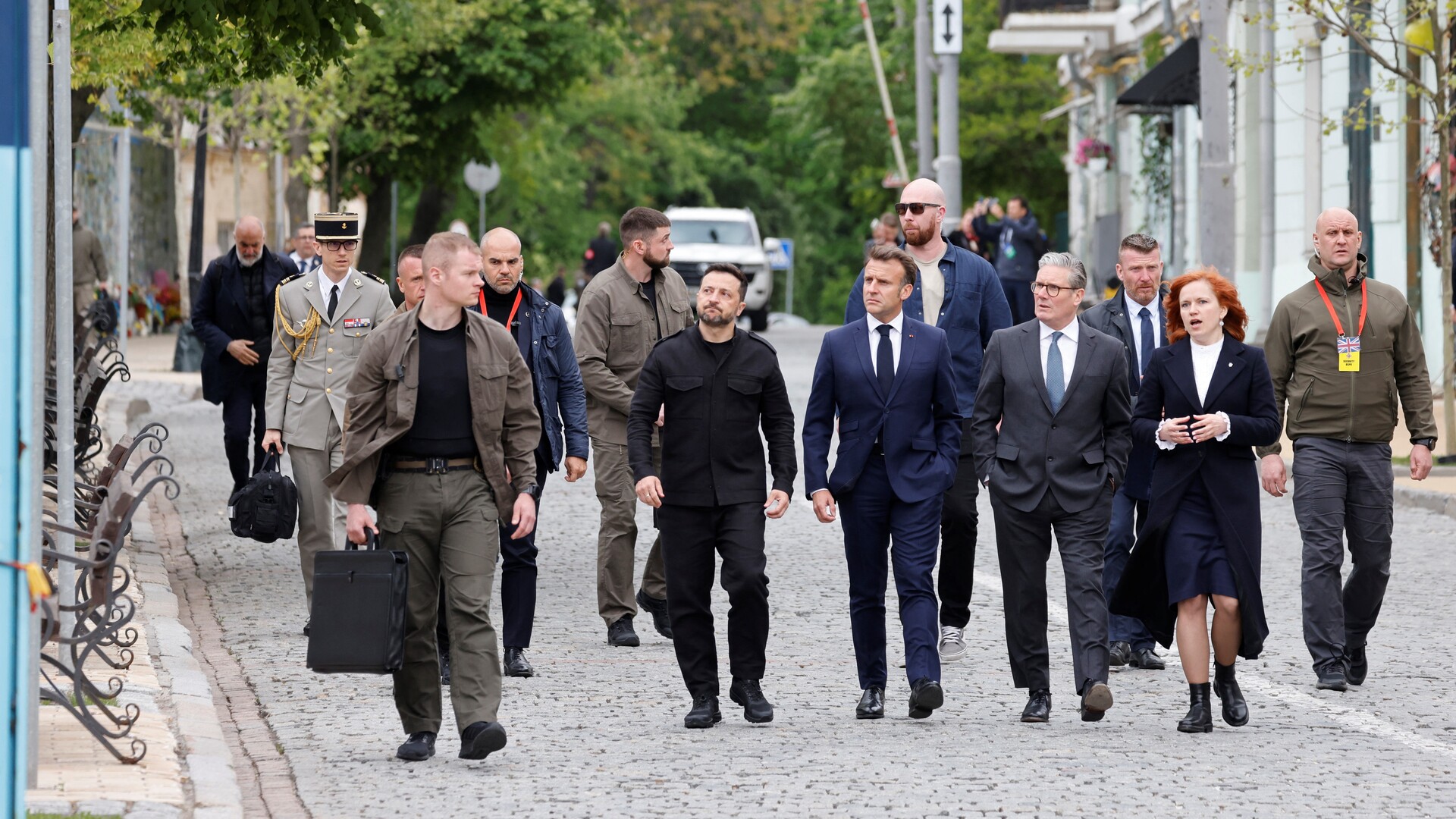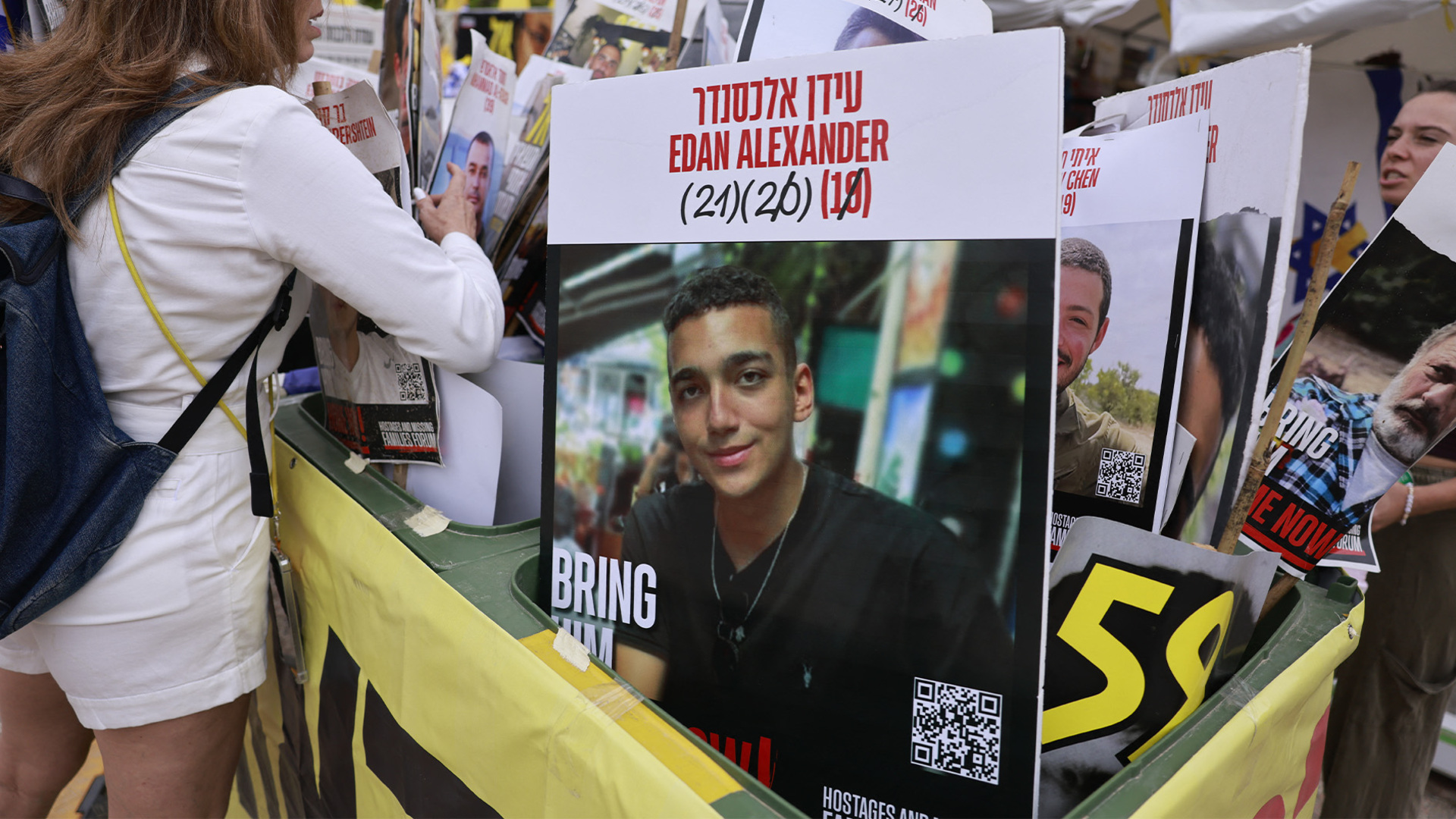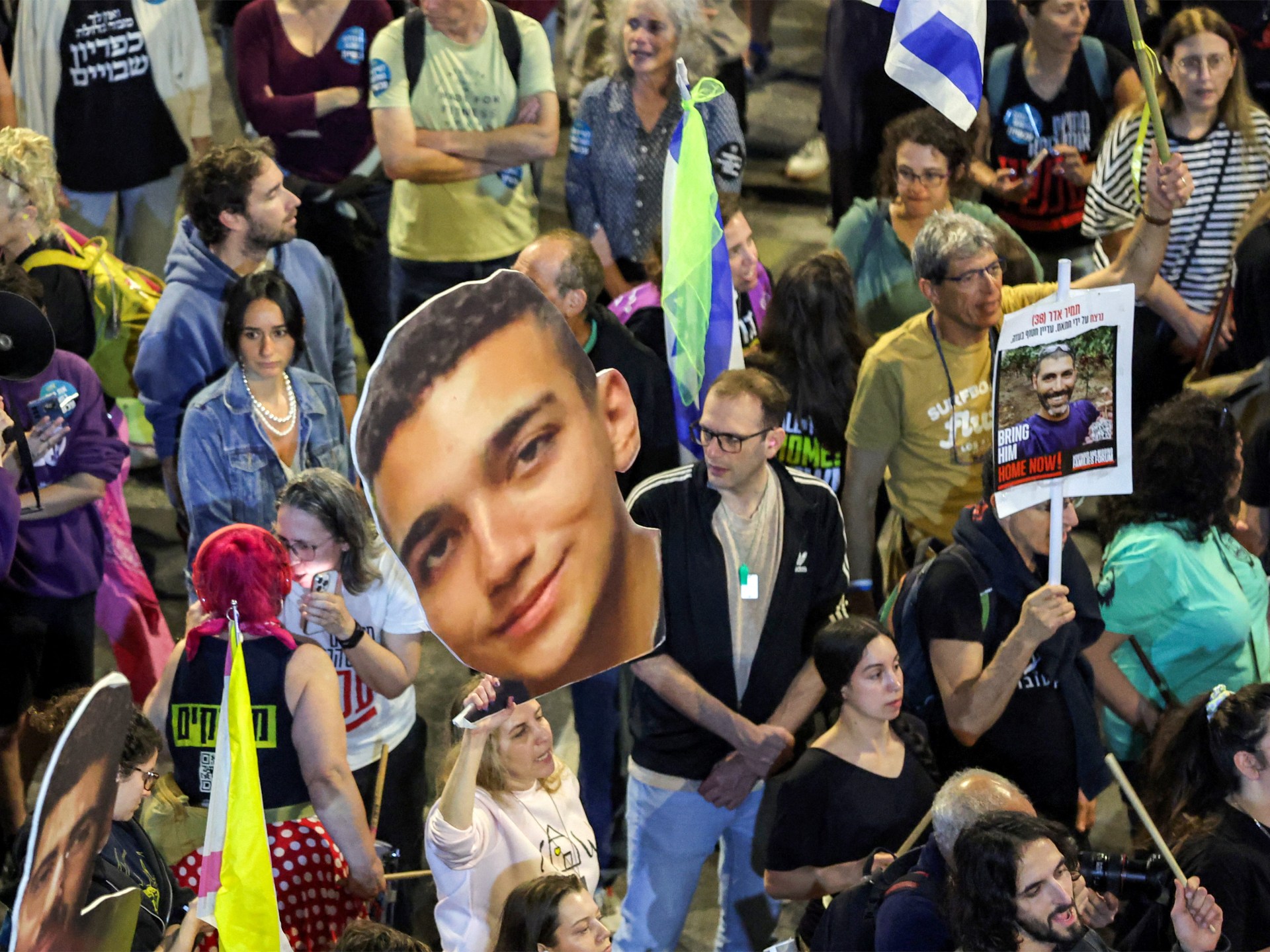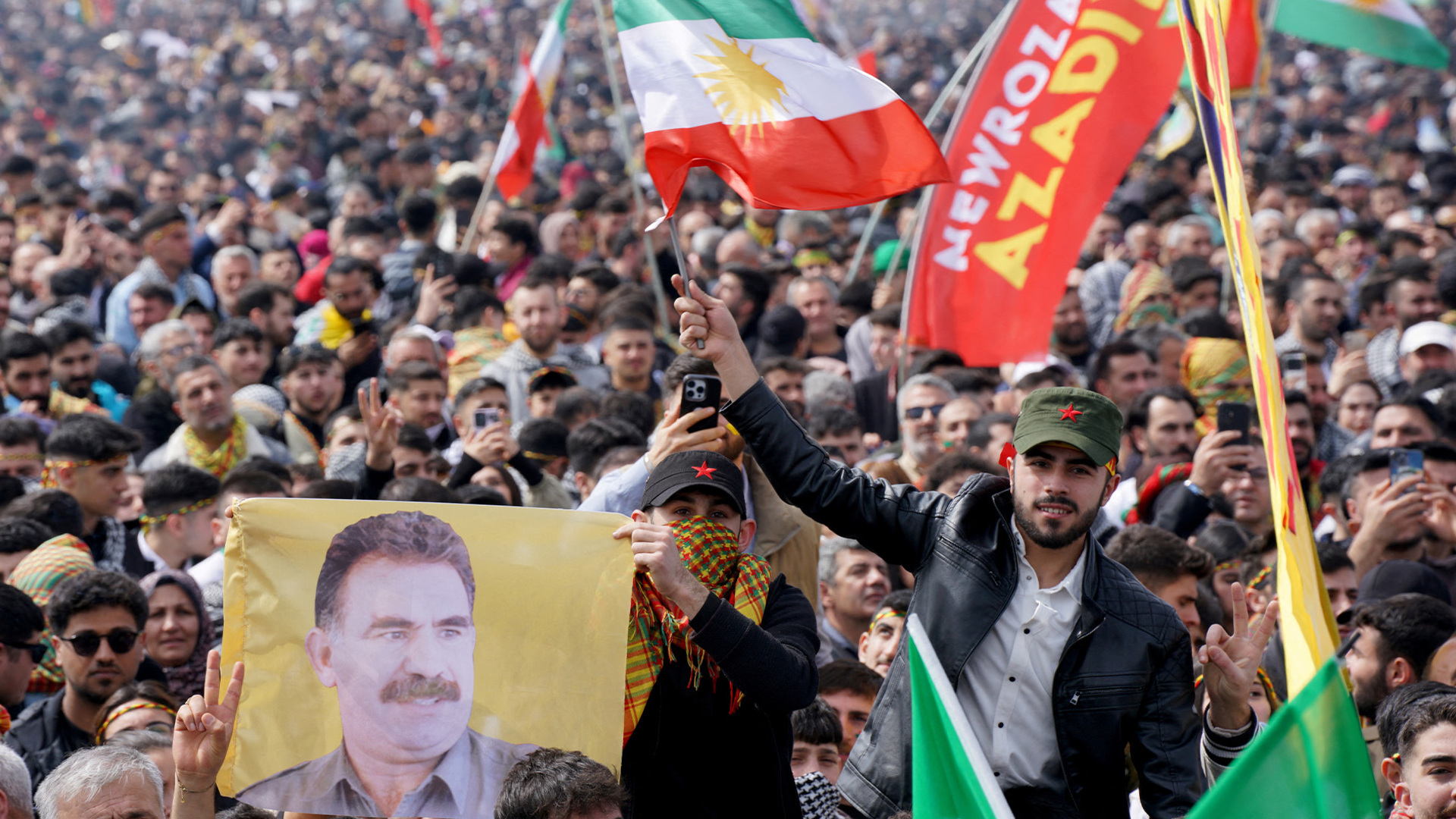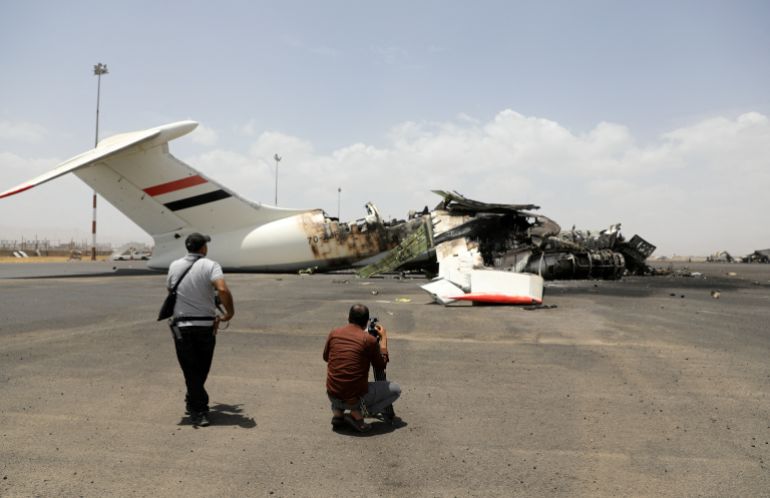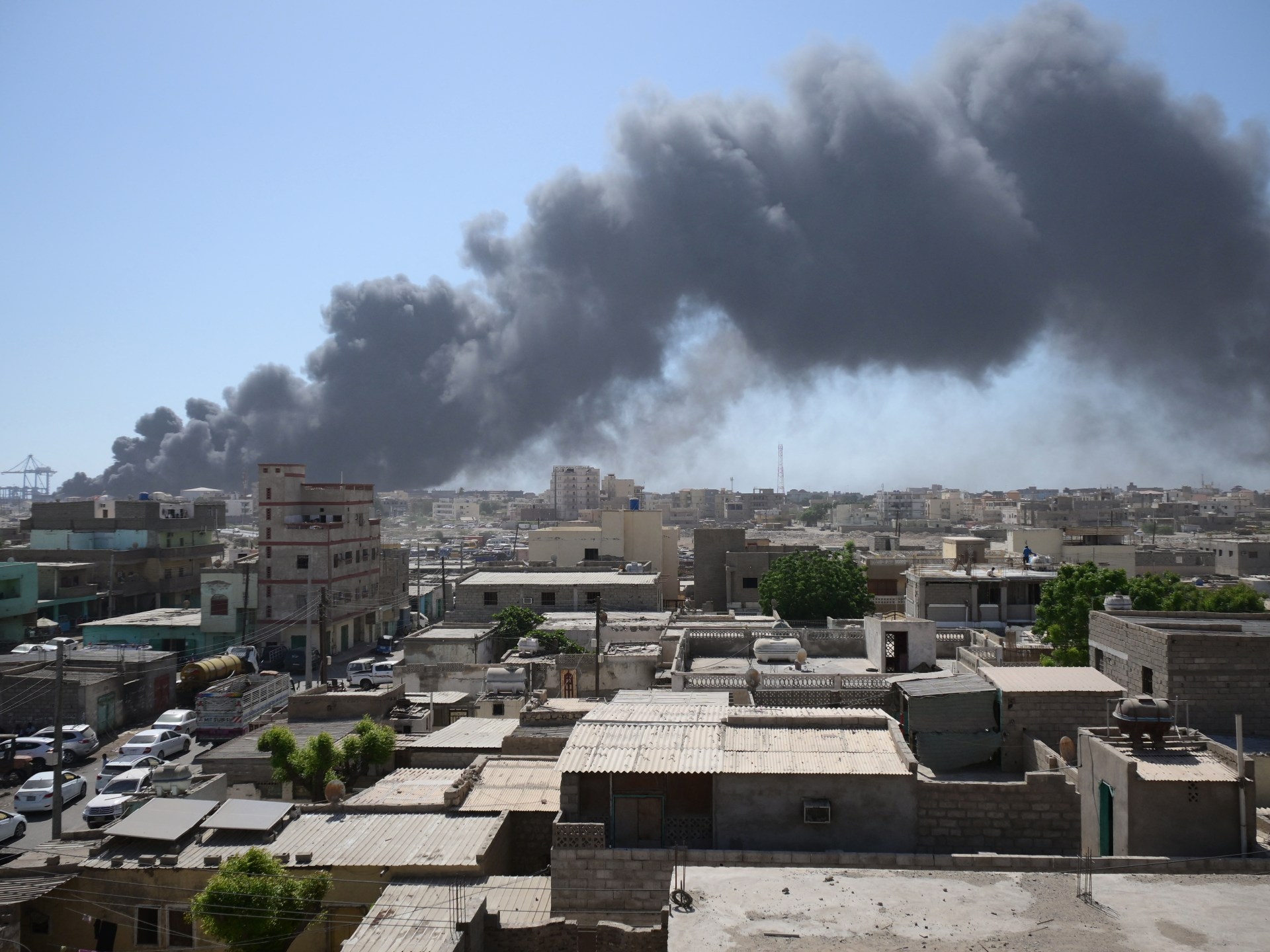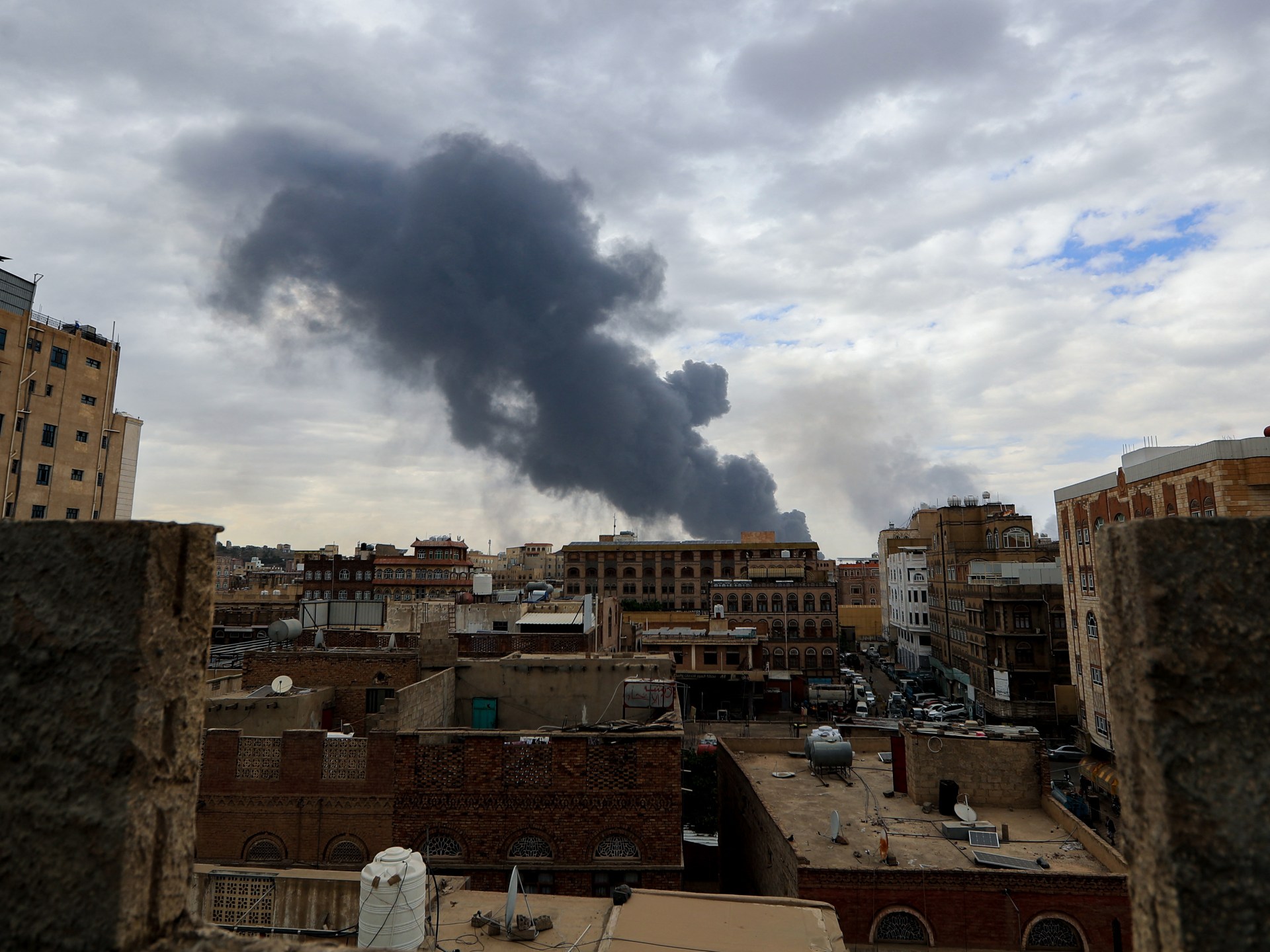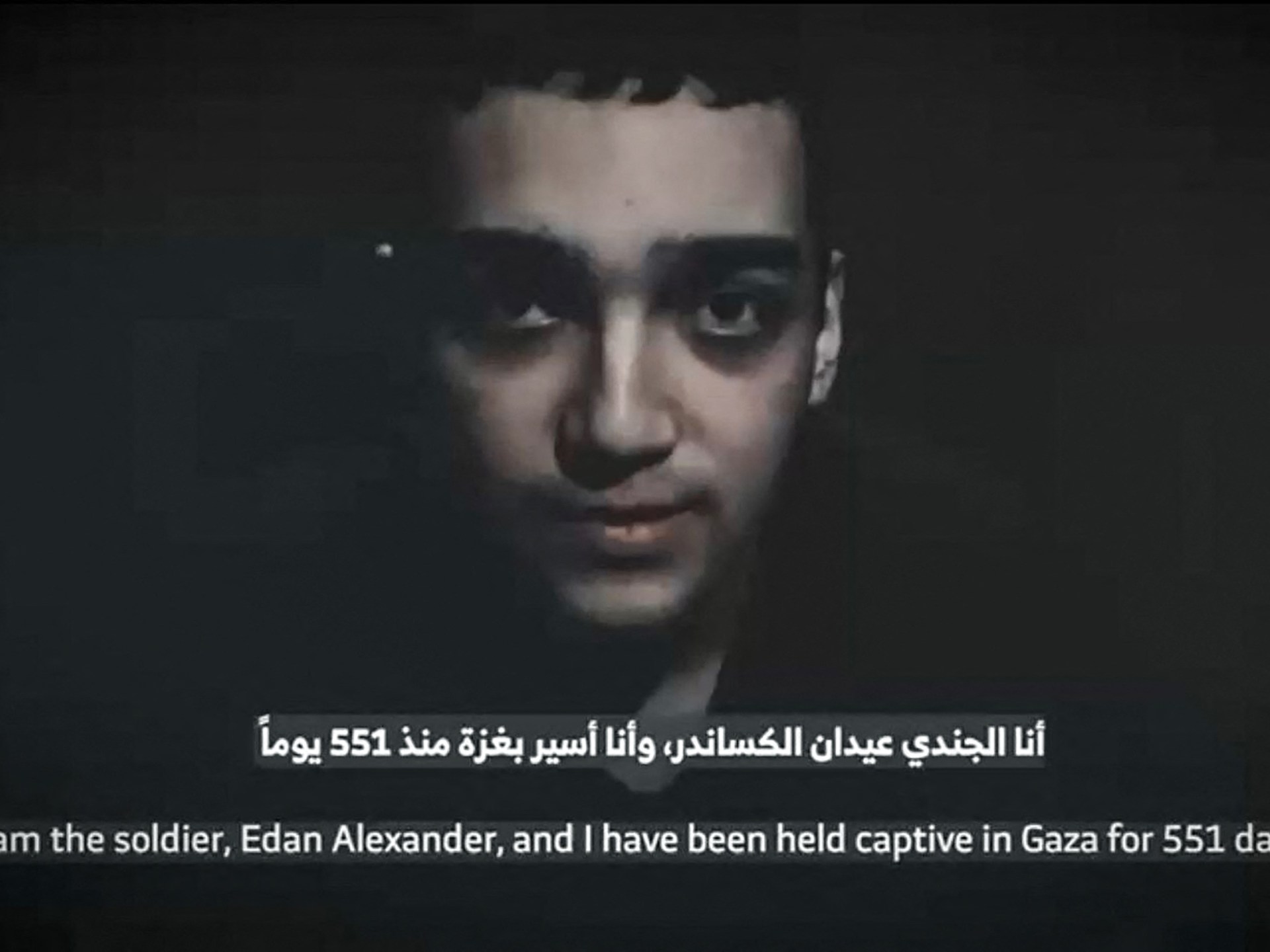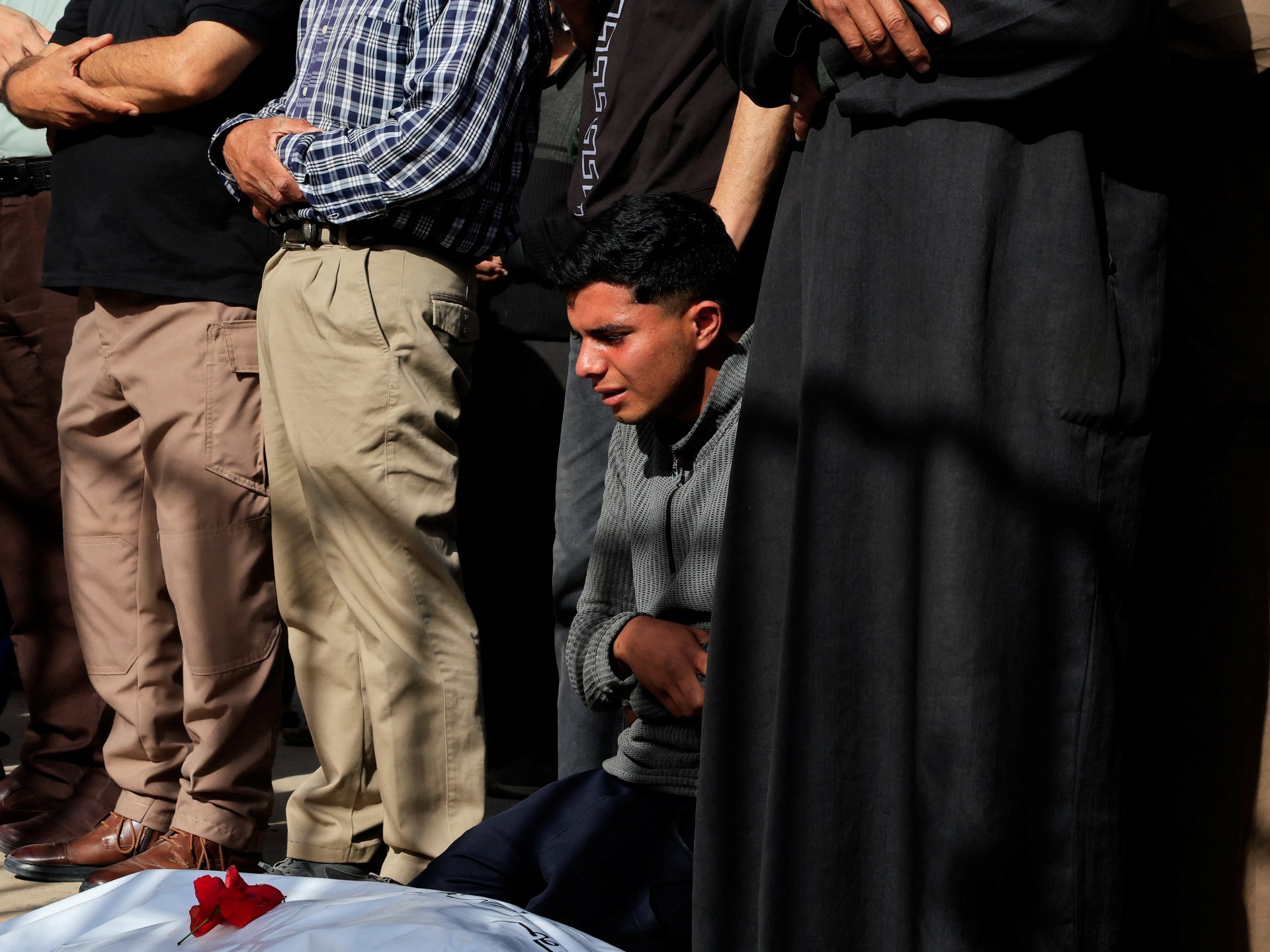Drones, gold, and threats: Sudan’s war raises regional tensions | Sudan war News
On May 4, Sudan’s paramilitary Rapid Support Forces (RSF) launched a barrage of suicide drones at Port Sudan, the army’s de facto wartime capital on the Red Sea.
The Sudanese Armed Forces (SAF) accused foreign actors of supporting the RSF’s attacks and even threatened to sever ties with one of its biggest trading partners.
The RSF surprised many with the strikes. It had used drones before, but never hit targets as far away as Port Sudan, which used to be a haven, until last week.
“The strikes … led to a huge displacement from the city. Many people left Port Sudan,” Aza Aera, a local relief worker, told Al Jazeera. “If the aggression continues … I think I’ll leave like everyone else.”
A drone war
When a civil war erupted between the SAF and RSF in April 2023, the army had aerial supremacy due to its fleet of warplanes and drones.
Yet the RSF is closing the gap with an arsenal of suicide drones, which it used on Port Sudan for six consecutive days, hitting an army base, a civilian airport, several hotels, and a fuel depot, which caused a massive blast.
“Sudan had already entered the phase of drone warfare over the last … few months at least,” said Suliman Baldo, the founder of the Sudan Transparency and Policy Tracker think tank.
The army largely relies on the relatively affordable Turkish-made Bayraktar TB2 drones, reportedly receiving $120m worth of them since late 2023.
Bayraktars can travel long distances with a large payload, and the army says they helped it regain swaths of territory from the RSF in eastern and central Sudan between September 2024 and March 2025, including the capital Khartoum.
Despite losing significant ground, the RSF then stepped up its aggression against the SAF with Chinese-made drones, according to a recent report by Amnesty International.
The human rights group, Sudan’s de facto military government and other monitors all accuse the United Arab Emirates (UAE) of purchasing these drones – and other weapons – and supplying them to the RSF.
The UAE has denied the accusations as “baseless”.
“The UAE strongly rejects the suggestion that it is supplying weapons to any party involved in the ongoing conflict in Sudan,” said Salem Aljaberi, a spokesperson for the UAE’s Ministry of Foreign Affairs, in a statement on X.
Regardless, the increasing use of drones by both sides marks an escalation and risks exacerbating an already catastrophic situation for civilians, according to experts and human rights monitors.
Bold announcement
On May 6, the army-backed authorities in Port Sudan announced the severing of all ties with the UAE after accusing it of being behind the attacks.
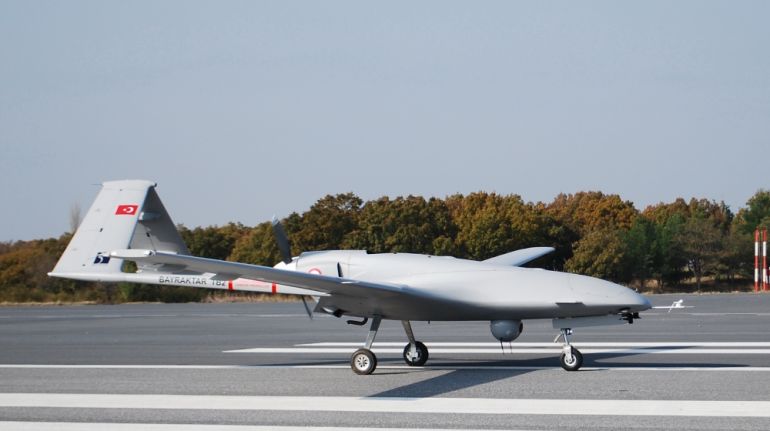
That announcement was not well thought-out, according to Baldo.
Sudan’s army could lose tens of millions of dollars in gold revenue, as well as access to vital banking operations, he told Al Jazeera.
A UAE-backed company, Emiral Resources, owns a majority of shares in Sudan’s largest gold mine, the Kush mine.
Kush is administered by Sudan’s army, which likely sells tens of millions of dollars worth of gold to the UAE.
According to the Central Bank of Sudan, about 97 percent of gold exports from army-controlled areas went to the UAE in 2023.
Kush exported at least one tonne of gold in 2024, although it is unclear how much higher the number is for production.
Furthermore, UAE banks own a majority share in the Bank of Khartoum, whose digital platform, Bankak, facilitates money transfers for millions of displaced Sudanese and public institutions.
The UAE state also owns El Nilein Bank, which manages and approves international transactions on behalf of Port Sudan, according to a report that Baldo co-authored in March for the Chatham House think tank.
“This was a rushed decision [to cut ties with the UAE] that will have serious consequences … due to the UAE’s control over [Sudan’s] national economy,” Baldo told Al Jazeera.
Major escalation?
Sudan’s army has not clarified how and when it will sever ties with the UAE.
On May 6, SAF chief Abdel Fattah al-Burhan vowed in a video to “defeat the militia (RSF) and those who help them”.
Al Jazeera sent written questions to army spokesperson Nabil Abdullah, asking if Port Sudan will implement the announced suspension.
No reply was received by time of publication.
For its part, the UAE’s Foreign Ministry told Al Jazeera in an email that it will not retaliate against Port Sudan.
“The statement issued by the so-called ‘Security and Defence Council’ will not affect the deep-rooted and enduring ties between the UAE and the Republic of the Sudan, and their peoples,” the emailed statement said.
Meanwhile, experts and observers believe the war in Sudan is trending towards a major escalation.
The army’s regional backers could respond to the RSF’s increased use of drones by doubling down on their support for the army, warned Alan Boswell, a Sudan expert for the International Crisis Group.
“The obvious risk [from the attacks on Port Sudan] is that it brings other [regional powers] into deeper involvement on the army’s side,” he told Al Jazeera.
“We could see an escalating war with greater and greater firepower, and nothing would be left of Sudan’s infrastructure by the end of it.”
